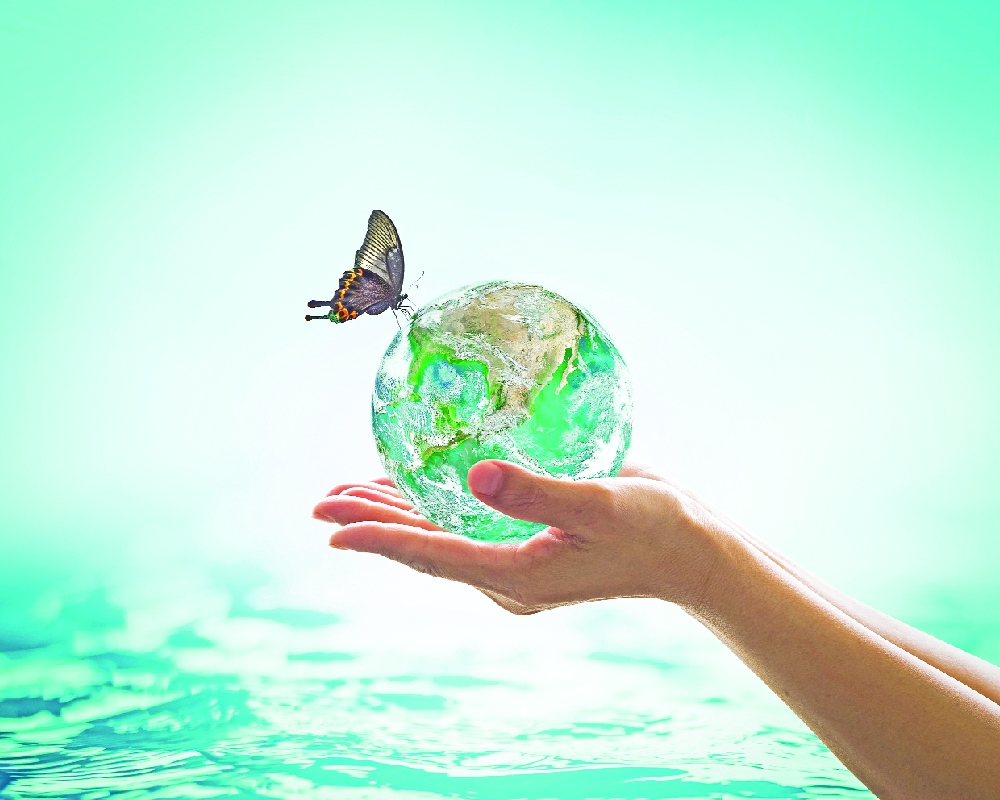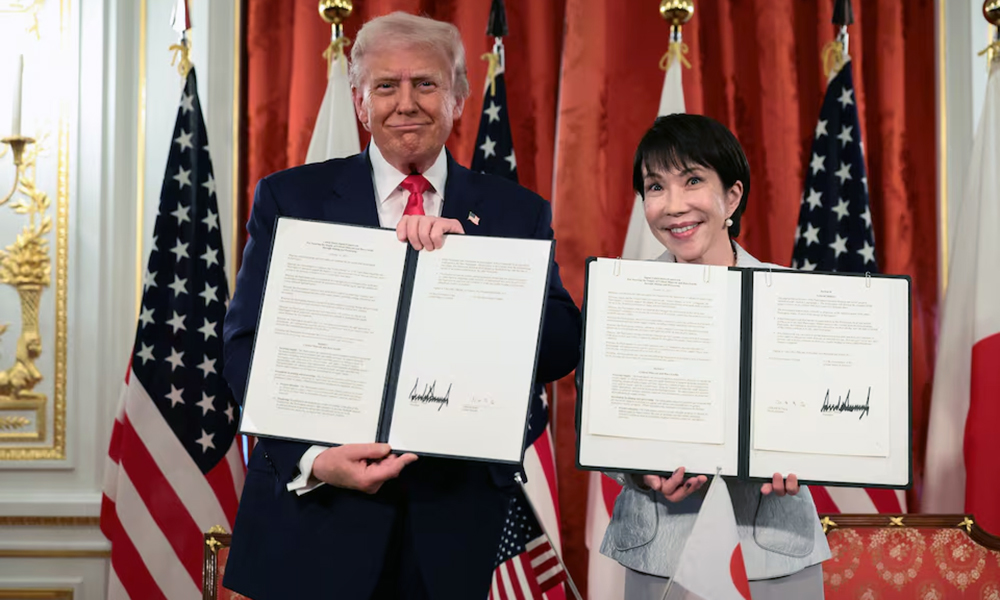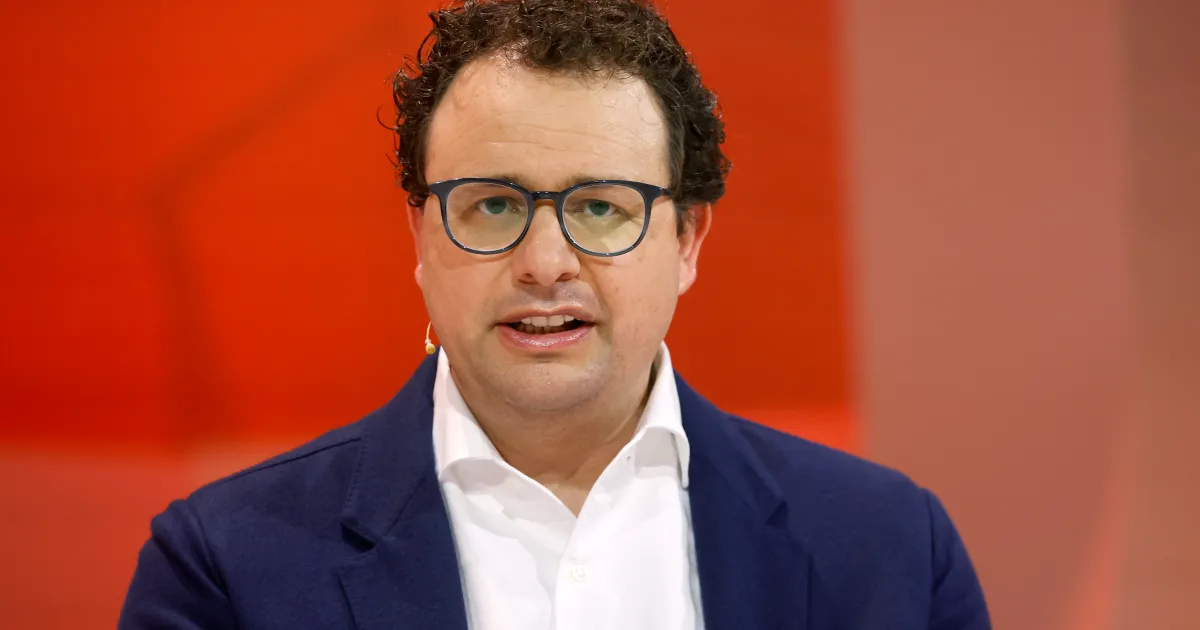Copyright dailypioneer

Science has always been the light that guides humankind through the darkness of the unknown. It is far more than a collection of data, laboratories, and formulae — it is a mindset, a way of looking at the world with curiosity, logic, and creativity. As the world celebrated ‘World Science Day for Peace and Development’ on November 10, 2025, under the theme “The Role of Science in Sustainable Societies,” we are reminded that science shapes not just our technologies but our destiny — a destiny rooted in peace, equity, and sustainability. Science as the Foundation of Human Advancement From the moment humans discovered fire to the decoding of the human genome, the story of civilisation has been powered by science. It has been the engine behind every leap in understanding and innovation, but at its core, science is not merely about invention — it is about improving lives and ensuring that progress does not rob future generations of their right to thrive. The United Nations’ Sustainable Development Goals (SDGs) provide a blueprint for global well-being, from eradicating poverty to ensuring clean energy and combating climate change. Every one of these 17 goals depends on science. Whether it is increasing agricultural productivity through biotechnology, designing vaccines that save millions, or creating cleaner energy systems, science provides the evidence-based tools needed to turn vision into reality. A truly sustainable society is one that listens to scientific insight and applies it wisely — growing food without degrading the soil, building cities without choking the air, and meeting human needs without harming the planet. Science as the Key to a Sustainable World Science allows humanity to understand how the Earth’s systems — air, water, forests, and biodiversity-interconnect. It gives us the means to predict weather, conserve resources, and prepare for natural disasters. India stands as a powerful example. The Indian Space Research Organisation (ISRO) has launched satellites that monitor monsoons, cyclones, and forest fires, while the India Meteorological Department (IMD) has significantly improved forecasting accuracy-saving countless lives. Agricultural science, too, has evolved through innovations like climate-resilient crops and efficient irrigation systems. Initiatives like NICRA (National Innovations in Climate Resilient Agriculture) by ICAR are helping millions of farmers adapt to extreme climate changes and secure food for future generations. Renewable energy offers another shining example. India’s transformation from a fossil-fuel-dependent economy to a renewable energy leader-through solar, wind, and green hydrogen-demonstrates how science and policy can together turn environmental challenges into opportunities. Blending Traditional Wisdom with Modern Science The path to sustainability is not limited to high-tech laboratories. It also runs through the fields, forests, and villages where generations have practised indigenous science. Traditional knowledge systems-such as organic farming, rainwater harvesting, and herbal medicine-have long sustained communities in harmony with nature. Today, modern science is rediscovering and validating this wisdom. Farmers combine traditional practices with digital weather forecasts and satellite-based advisories. Ayurveda and modern biomedicine are being integrated to offer holistic health solutions. When traditional knowledge and modern science work together, they create ecosystems that are both resilient and deeply rooted in culture. Science and Climate Action: A Global Responsibility Climate change is the defining challenge of our time — and science is our most powerful ally. From uncovering the human causes of global warming to developing mitigation and adaptation strategies, scientific research has guided international action. Global collaboration has strengthened this effort. Nations share satellite data, co-develop early warning systems, and exchange knowledge about disaster preparedness. This is science diplomacy — where cooperation replaces conflict and shared understanding becomes the foundation for peace. India has been an active player in this movement. Initiatives such as the International Solar Alliance (ISA) and partnerships under SAARC and BIMSTEC showcase how scientific collaboration can build regional resilience. When nations connect through science, they build trust-and trust builds peace. Science as a Bridge for Peace and Diplomacy “Science for Peace” is not just a slogan; it is a philosophy. Scientific collaboration transcends political boundaries because the problems humanity faces — climate change, pandemics, natural disasters-do not recognise borders. The Intergovernmental Panel on Climate Change (IPCC) stands as a symbol of this cooperation. Thousands of scientists across the world contribute to its reports, enabling leaders to make informed decisions for the planet’s collective good. The COVID-19 pandemic further reminded the world that when scientists unite across continents, they can save lives faster than any army or treaty. Innovation, Industry, and the Path to Sustainability Science fuels innovation-and innovation drives progress. Across India, young entrepreneurs and start-ups are using science to solve local problems: from recycling waste to developing renewable energy solutions and improving healthcare access. Programmes such as Start-up India and Atal Innovation Mission have nurtured a generation of innovators who view sustainability not as a constraint but as a catalyst for growth. The use of AI in flood prediction, drones in agriculture, and 3D printing in affordable housing are transforming communities. The future will belong to those who innovate responsibly — balancing economic ambition with ecological care. Science Education and Public Awareness For science to truly serve humanity, it must move beyond laboratories and reach every citizen. Science education must be strengthened-particularly in rural and underserved areas — so that children grow up with curiosity and critical thinking. Promoting STEM education (science, technology, engineering, and mathematics) and encouraging more girls and women to pursue scientific careers will unlock vast reservoirs of talent. However, beyond education, public engagement is essential. Citizen science projects, environmental clubs, and science fairs can help communities link their everyday actions — such as water conservation and waste segregation-to the broader global goals of sustainability. A scientifically literate society makes better decisions, demands accountability, and fosters an environment of rational problem-solving. Science in Policy and Governance Effective governance must rest on evidence. From urban development to agriculture, policymaking informed by scientific data ensures efficiency and long-term impact. India’s national institutions — such as NITI Aayog and the NDMA — already integrate research into public policy. Geospatial data, satellite imagery, and climate models are increasingly employed to design infrastructure that anticipates future risks. Strengthening the science-policy interface, where scientists and policymakers collaborate directly, is essential for creating adaptive and resilient systems of governance. The Ethical Compass of Sciencee As we celebrate the power of science, we must also recognise its ethical boundaries. The rapid advancement of artificial intelligence, genetic engineering, and nuclear research poses profound moral questions. Science must always serve humanity, never threaten it. A sustainable society advances knowledge with humility and compassion, using discovery as a means to protect life, preserve dignity, and promote equality. Responsibility must guide every breakthrough. A Common Vision for the Future The theme of World Science Day for Peace and Development 2025-”The Role of Science in Sustainable Societies” — reminds us that the future will be shaped not only by what we know, but by how we choose to use that knowledge. Science provides us with the tools; wisdom determines their purpose. When guided by ethics and inclusivity, science becomes a bridge between human aspiration and planetary well-being. It teaches us humility — for every answer leads to new questions, and every discovery to new responsibilities. Let us, therefore, commit to a culture that values inquiry, respects innovation, and ensures that science always serves peace and sustainability. As Albert Einstein wisely said, “Peace cannot be kept by force; it can only be achieved by understanding.” And understanding — the true essence of science — remains humanity’s greatest hope for a peaceful and sustainable future. The writer is a former Executive Director of the National Institute of Disaster Management; views are personal



